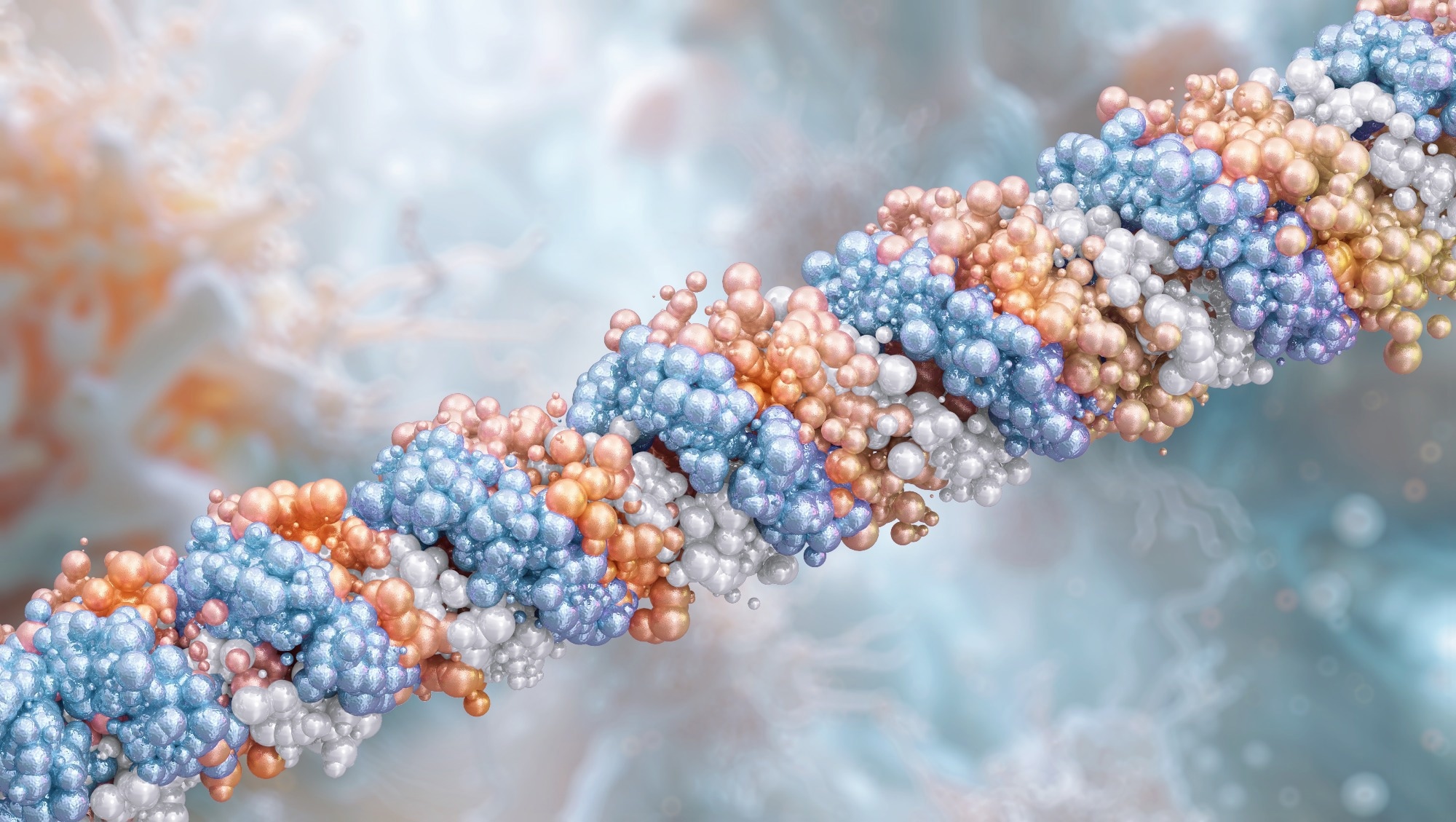From cheaper acrylates to human milk sugars, UC Davis researchers are harnessing AI to design next-generation proteins, accelerating breakthroughs in biomanufacturing, nutrition, and America’s bioeconomy.

Image Credit: Corona Borealis Studio / Shutterstock
UC Davis AI Protein Engineering Projects Receive NSF Funding
Two projects at the University of California, Davis, that use AI to design and engineer proteins for industrial and health applications have been funded by the U.S. NSF.
The grants are part of a $32 million investment in AI and protein engineering announced by the NSF Directorate for Technology, Innovation, and Partnerships (NSF TIP). Both teams are affiliated with the UC Davis Innovation Institute for Food and Health in collaboration with industry partners. The total funding to UC Davis will be approximately $1 million over three years.
The two grants are among five announced by NSF that aim to accelerate the translation of AI-based approaches to protein design and enable new applications of importance to the U.S. bioeconomy as part of the NSF USPRD.
"These efforts aim to unlock new uses for this technology in biomanufacturing, advanced materials and other critical industries. Simply put, NSF USPRD represents a strategic investment in maintaining American leadership in biotechnology at a time of intense global competition," said Erwin Gianchandani, NSF assistant director for TIP, in a news release.
AI technology has recently enabled rapid progress in predicting the 3D structures of proteins and using this knowledge to design new proteins with specific, desirable characteristics. The NSF investment aims to build on this foundation by bringing together experts nationwide, extending these advances to enzyme design, and accelerating their translation into widespread, real-world applications.
Enzymes for Acrylates
Acrylates are costly molecules used in paints, plexiglass, and super-absorbent materials. This project, in collaboration with Arzeda, a biotech company based in Seattle, aims to transform the production of acrylates by engineering new enzymes for rapid, affordable, scalable production.
This project has the potential to accelerate the commercialization of advanced protein engineering, driving innovation and growth in the U.S. bioeconomy, with benefits for both industries and consumers. UC Davis activities will be led by Program Director Ashley Vater (Genome Center) with Professor Justin Siegel (Departments of Chemistry and of Biochemistry and Molecular Medicine, and faculty director of the IIFH).
Complementing the use-inspired research goals of the project, UC Davis will spearhead the expansion of Design to Data, a student training program in protein design, bringing this project to the hands of thousands of students nationwide.
"Every student in the biological sciences should have the opportunity to explore protein design, it's a rapidly evolving field with substantial room for growth. The most effective entry point is a hands-on research project; this motivates our effort," Vater said.
Replicating Human Milk
Human milk contains complex sugars (HMOs) that are essential to infant health and development but difficult to produce. In collaboration with Novozymes, a Davis-based company, this project will utilize advanced enzyme engineering, machine learning, and cell-free protein synthesis to develop and optimize tools for synthesizing these oligosaccharides. This work aims to overcome challenges in producing infant formula and supports the development of new enzyme systems with commercial properties for broader applications in human health and nutrition.
Siegel will lead the UC Davis part of the three-year project.